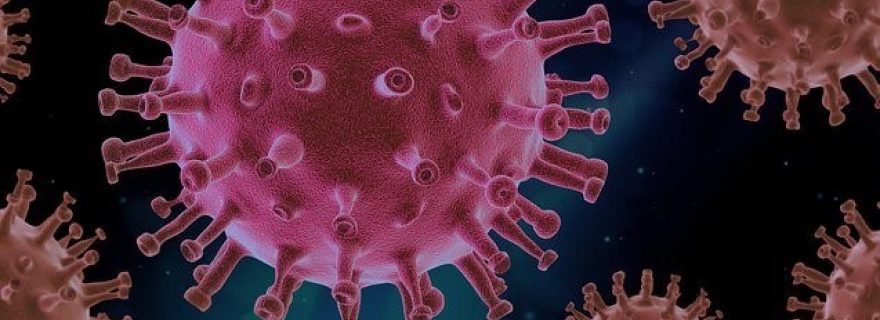How COVID-19 exposes the vulnerability of public leaders, and what science can do about it
If COVID-19 teaches us one thing, it is that today's crises are insidious and unpredictable. This poses new challenges for public leaders, who constantly have to seek a balance between "doing too much, too soon" or "doing too little, too late".
How can science help leaders deal with these creeping crises? This question took centre stage in a panel session of this year’s PUPOL conference, hosted by the Leiden Leadership Centre. Curious about the answer? The discussion below provides a sneak peek.
The world has been under the spell of COVID-19 for almost a year now. What began as a mysterious new disease in Wuhan, China, quickly spread around the globe. In The Netherlands, carnival parties turned out to be mass spreading events. Popular winter sports destinations were classified as COVID-hotbeds. Infections quickly accumulated, after which governments across Europe switched to drastic measures. Many people have been facing restrictions ever since; from strict lockdown situations to ‘intelligent’ or ‘partial’ lockdowns in other countries.
COVID-19: A new type of crisis
COVID-19 is a textbook example of what is called a "creeping crisis" in the crisis management literature. A creeping crisis is a danger that lurks in the background for a long time, and can manifest itself in seemingly insignificant incidents. Without proper action taken against the underlying causes, the incidents can grow into catastrophic proportions. There are two constitutive elements to a “creeping crisis”. The first element is a crisis that has been identified at an early stage by a small group of experts. The second element is the fallacy that this crisis is not considered "urgent" enough by the wider public to allow for decisive action.
This is exactly what happened in the current COVID-19 crisis. What started out as a seemingly innocuous flu at a local market in China evolved into the greatest health crisis of this century, with more than 40 million confirmed infections and more than 1 million deaths worldwide (on October 21, 2020). Moreover, many countries are struggling to provide healthcare for non-COVID patients as a direct result of the COVID-pandemic.
When zooming in on the Dutch case, the second wave of infections in September shows that the cabinet was only able to intervene vigorously - in the form of a partial lockdown - when the number of infections got out of control. By October, the country was blacklisted by its neighbouring countries as a COVID hotbed.
Implications for leadership and trust
What is alarming about creeping crises, according to Boin, Ekengren and Rhinard (2020), is their impact on citizens' trust in government and, more specifically, public leaders. They have to grapple with accusations of doing ‘too little, too late,’ even though there was not enough political support to intervene any earlier. Despite having the best intentions, public leaders struggle to gather support for preventive action, risking to be criticized for doing ‘too much, too soon.’ Creeping crises thus foster an environment in which public leaders are vilified more regularly. In the long term, this ‘blame culture’ can damage citizens' confidence in the actions of their government.
The added value of scientific insights
Does this mean we should perceive public leaders as helpless victims? Certainly not. But, it does require us to become more aware of this new type of crisis and the forms of leadership required to deal with it. Science can make a valuable contribution to this by studying the actors involved in picking up signals of an impending crisis (so-called 'early recognition') and gaining insights into the type of leadership required to create sufficient support for preventive intervention. The leadership literature already offers helpful frameworks for this, which can be empirically tested for dealing with creeping crises.
Tip: Want to know more about leadership and creeping crises? During the PUPOL conference 'New Avenues for Studying and Developing Public and Political Leadership,' organized by the Leiden Leadership Center, the role of leadership in creeping crises was explored in scientific papers by Mark Rhinard et al., Darli Magionni and Elin Jakobsson. Read the report (in Dutch) on our website.
Moniek Akerboom is a PhD-Candidate within the research group on Public Sector Management at the Institute of Public Administration. Her research focuses on the role of public leadership in collaborative networks.


